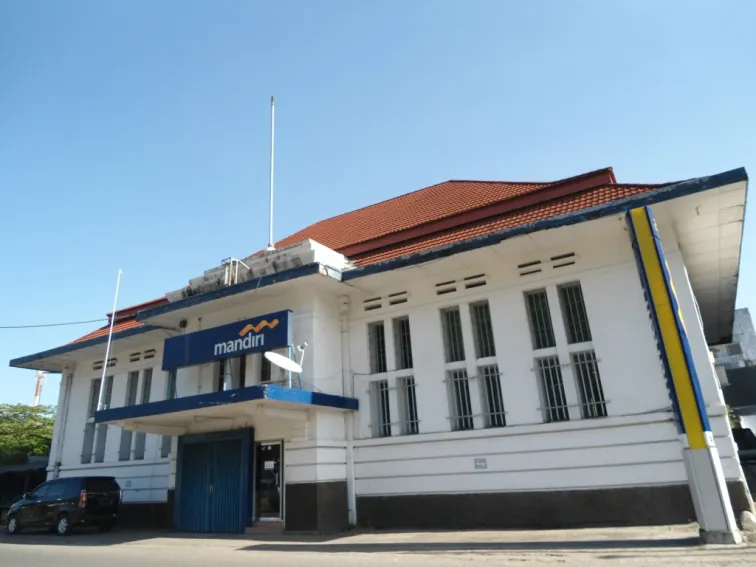
Indonesia's loan growth will receive little boost from lower LTV regulation
Analysts believe banks should be willing to extend loan terms to support this development.
The latest loan-to-value (LTV) relaxation will have little material impact on Indonesian bank lending, according to UOB Kay Hian, as mortgage compositions represent only a small portion of the sector’s loan portfolio.
Also read: Can Indonesian banks survive US tightening amidst persistent rupiah weakness?
Property loans account for a measly 9% of Indonesian banks’ total loans as of Q1. Sector NPL ratio for mortgages is also within the manageable range of 2.7% as of the first four months of 2018.
To grow their mortgage businesses, lenders need to take more proactive steps to cash in on the real estate sector especially at a time of higher property sales.
“The next positive step, should be extension of loan terms to up to 30 years. However, Indonesian banks are not keen to offer 30-year loan tenures like what banks in developed and regional countries do,” said UOB analyst Alexander Margaronis.
Margaronis adds that Bank Central Asia (BBCA) and Bank Negara Indonesia (BBNI) are likely to emerge the largest winners from the LTV regulation out of their peers in the banking sector as BBCA could be able to cash in on larger loan ticket sizes from affluent middle-upper income segment. BBNI, on the other hand, would benefit from larger exposure to corporate clients and salary-linked loans.






![Lorem Ipsum [ABF 1]](https://cmg-qa.s3.ap-southeast-1.amazonaws.com/s3fs-public/styles/exclusive_featured_article/public/2025-03/a_hand_pointing_to_a_futuristic_technology_5b87c9d0e3_1.png.webp?itok=2w0y1WhS)


![Cross Domain [Manu + SBR + ABF + ABR + FMCG + HBR + ]](https://cmg-qa.s3.ap-southeast-1.amazonaws.com/s3fs-public/styles/exclusive_featured_article/public/2025-01/earth-3537401_1920_4.jpg.webp?itok=WaRpTJwE)








 Advertise
Advertise

